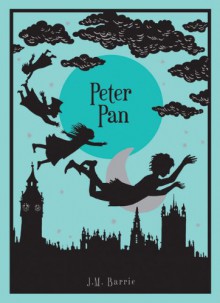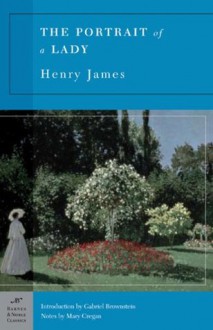
I'd somehow, up to this point, never read A Tale of Two Cities. I know, I can't believe it either.
Set against the backdrop of the French Revolution and the years leading up to it, this is, at its very core, a romance novel. I was a little shocked by that, but I certainly didn't mind. Dickens's writing is simply breathtaking, and he never allows the characters' actions to become contrived. These people aren't saccharine cutouts, as is typical of romance novels (even from this era). Instead, it's a roomy, elegant story told with magnificent prose and populated with memorable characters.
Most Dickens novels drag a bit (at least, the few I've read do), but this one doesn't. Not at all. From its iconic opening passage to the final chapter, the plot is pretty quick and doesn't get bogged down in an excessive amount of characters and subplots (looking at you, Our Mutual Friend). Instead, Dickens focuses on only a handful of characters and develops them fully. By the novel's third part I was truly invested in their lives, and wanted to know how everything would turn out. I truly cared! When reading most novels from the Victorian Age, I find myself a little put off by their chilliness, their dust and age. Not here. A Tale of Two Citiesfeels rather progressive and is very emotionally involving.
If I were to critique this novel, I would say perhaps Dickens sacrificed a full exploration of the time period he was writing about to, instead, focus on his characters. I would've loved to have seen more build-up to the Revolution, though what the reader does get is fine. I could've done with more guillotine scenes myself.
So far, this is my favorite Dickens novel — though I have many to read yet. This one certainly deserves its classic status, and I can't wait to give it a reread in a few years.

 Log in with Facebook
Log in with Facebook 








